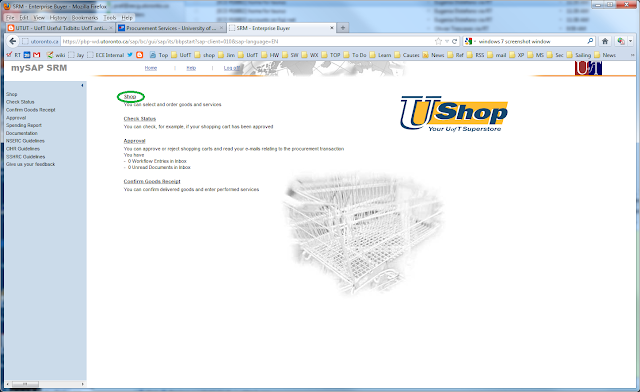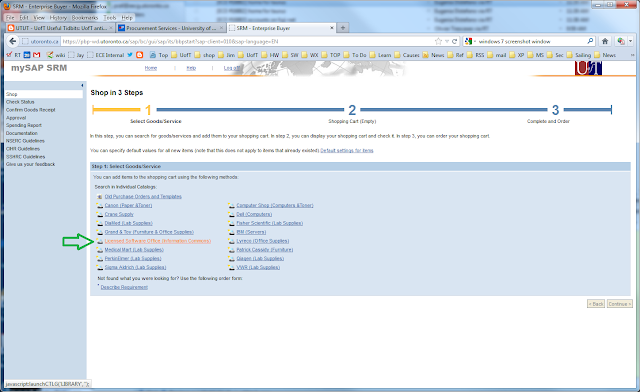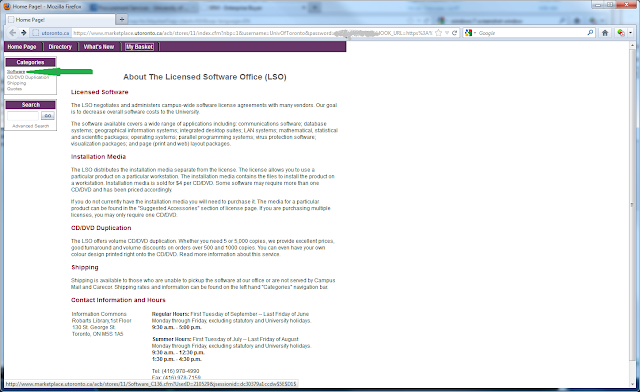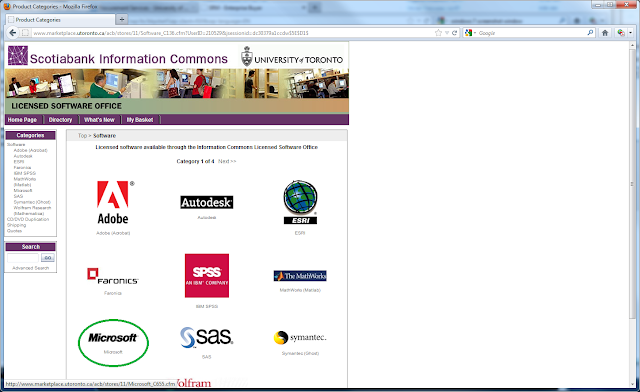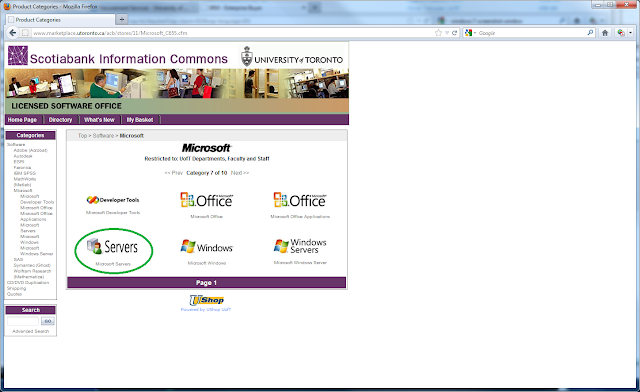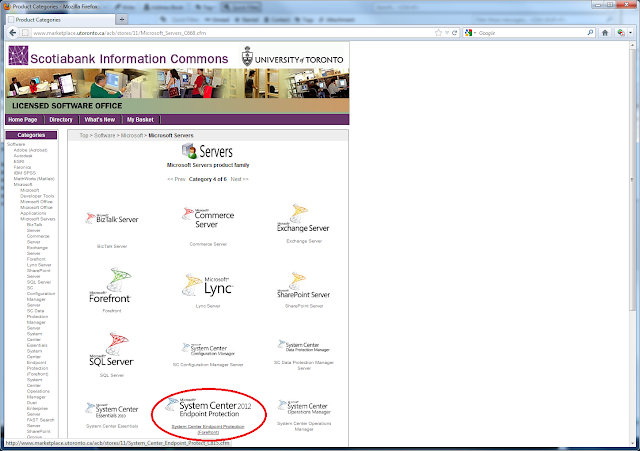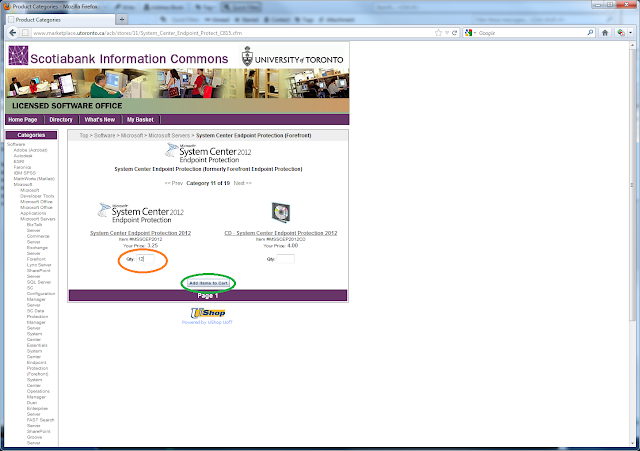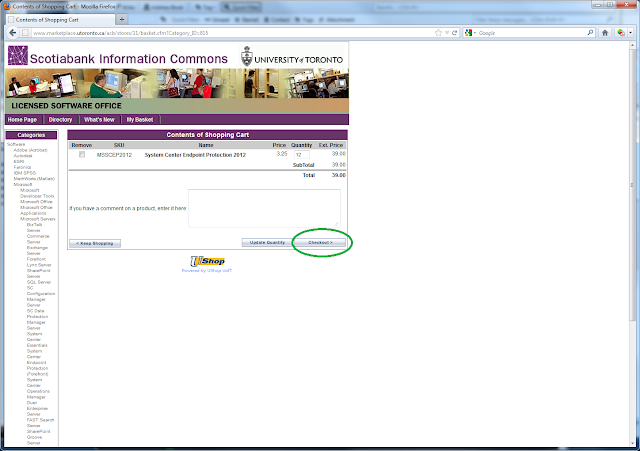We're currently seeing a bit of contention for the one license we hold for Matlab's RF Toolbox.
In polling the Electromagnetics group profs about the need for any more licenses for RF, I heard back from Prof. Triverio that there is a free user-contributed toolbox for importing and converting S-parameters, which was the particular feature that he had initially found in Mathwork's RF Toolbox.
Here is a link to Tudor Dima's S-Parameter Toolbox:
http://es.mathworks.com/matlabcentral/fileexchange/6080-s-parameter-toolbox--+-z--y--h--g--abcd--t-
You can download this to your local hard drive, then update the Matlab toolbox path cache to include the folder where you downloaded it, and you'll be ready to use this. There are no dependencies on other toolboxes.
If importing and converting S-parameters is the sole reason you needed RF Toolbox, then switching to this free alternative will relieve the contention for our single license for Mathwork's RF Toolbox. (If there are other functions in RF Toolbox that you do need to use, please feel free to carry on using it, and let your supervisor know so we can gauge if there's a need for more licenses for RF Toolbox.)
In polling the Electromagnetics group profs about the need for any more licenses for RF, I heard back from Prof. Triverio that there is a free user-contributed toolbox for importing and converting S-parameters, which was the particular feature that he had initially found in Mathwork's RF Toolbox.
Here is a link to Tudor Dima's S-Parameter Toolbox:
http://es.mathworks.com/matlabcentral/fileexchange/6080-s-parameter-toolbox--+-z--y--h--g--abcd--t-
You can download this to your local hard drive, then update the Matlab toolbox path cache to include the folder where you downloaded it, and you'll be ready to use this. There are no dependencies on other toolboxes.
If importing and converting S-parameters is the sole reason you needed RF Toolbox, then switching to this free alternative will relieve the contention for our single license for Mathwork's RF Toolbox. (If there are other functions in RF Toolbox that you do need to use, please feel free to carry on using it, and let your supervisor know so we can gauge if there's a need for more licenses for RF Toolbox.)
